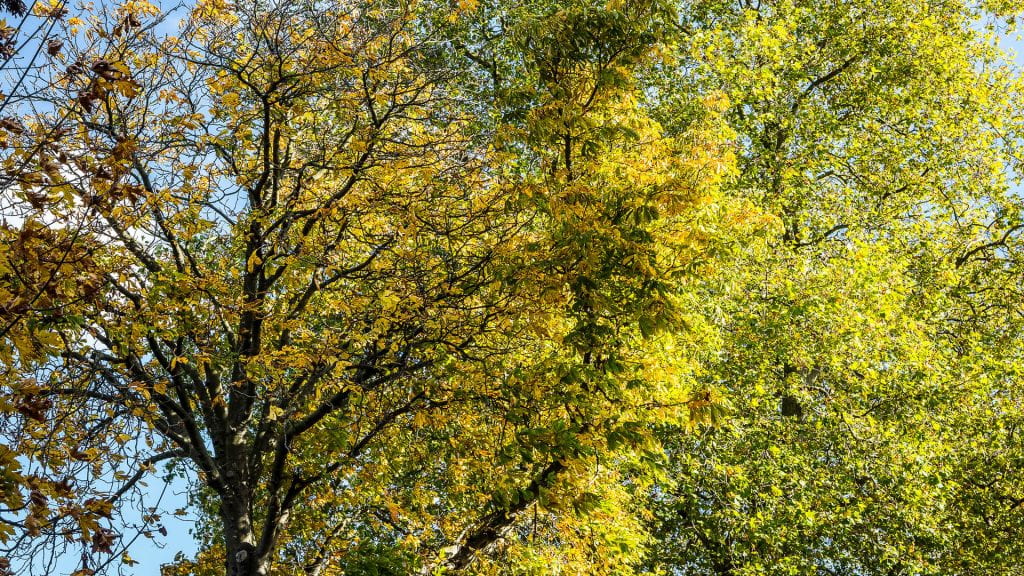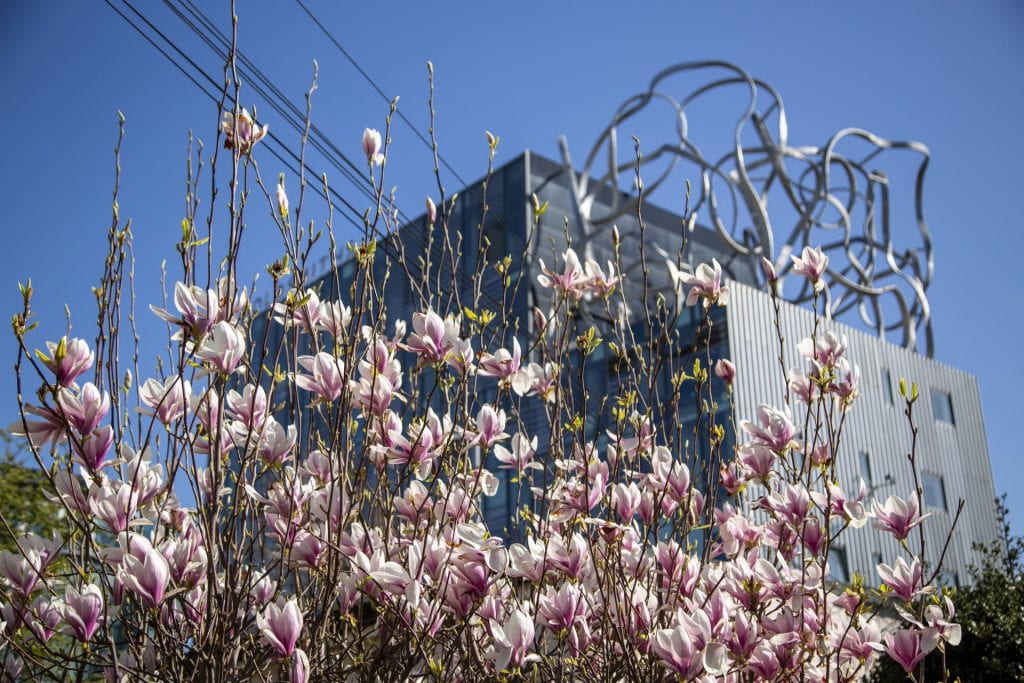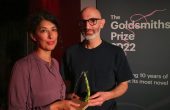
Today is Earth Day, the annual event uniting people and leaders across the world to take action to protect our planet. This year’s ‘Restore our Earth’ theme will focus on the innovative thinking needed to pull us back from the brink of climate catastrophe.
This year’s theme feels all the more significant as we approach the delayed COP26 – postponed last year due to the pandemic and due to be hosted by the UK in Glasgow this November. The event has been described as our ‘last best chance’ to take meaningful action on climate change and limit the global temperature rise to below 2 degrees C, as set out in the 2015 Paris Agreement.
While the need for urgent action on a global scale is clear, there are also important calls for local approaches to tackling climate change.
Last month’s A Green New Future report from Leonie Cooper (London Assembly, Labour) underlined the need for ‘urgent and ambitious action’ in London to tackle the climate emergency and protect Londoners from the impacts of extreme weather events. The report urges us to take lessons from the very different London we caught a glimpse of during lockdown.
I was struck by the report’s mention of gardens and green space in the city: every year London is losing gardens at a rate of an area two and a half times the size of Hyde Park. This has implications not just for biodiversity and sustainable drainage in the city, but also for the wellbeing of Londoners.
At Goldsmiths, we’re taking action on climate change and ecological breakdown through our Green New Deal project – the result of a student and staff campaign in 2019. A key part of this work is focused on our South East London campus, which we know is an important green space and haven for wildlife in our busy corner of Lewisham.

This year – as part of our first Biodiversity Management Strategy – ecologists are visiting campus to monitor plants and wildlife and support us in protecting and improving habitats.
We’re also developing opportunities for students, staff and our local community to learn more about the natural world through our campus, enjoying the physical and mental health benefits that come with spending time in nature.
I’m pleased to be working alongside other institutions in our sector to consider these issues. Last month I chaired a Universities UK roundtable with HEIs from across the country, looking at how we can make ambitious and joined-up policy commitments on climate action as a sector.
And I’m also delighted to represent Goldsmiths in a new sustainability network organised by the team at London Higher, exploring how London universities and colleges can make an impact across the city.
Find out more
Earth Day 2021
Green New Deal at Goldsmiths




